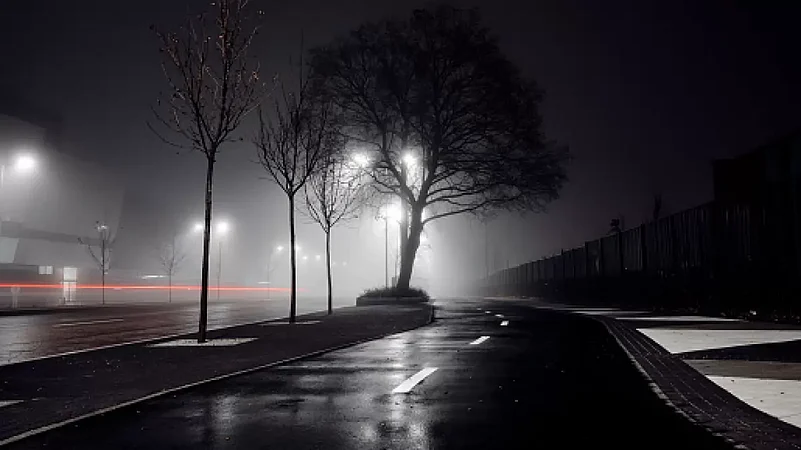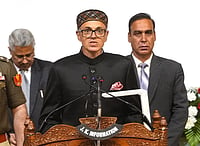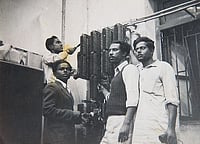Among the crime scandals that have shaken India in the decades since Independence, the murder of advocate M. Abdul Rasheed in Bangalore in 1987 does not rate among the most well-known. Still, in Dead End: The Minister, the CBI and the Murder That Wasn’t veteran journalist V. Sudarshan chooses this very episode to weave a true crime narrative that keeps in view both the compelling human drama at the heart of an episode of villainy and the broader social ills of which the villainous incident is a tragic symptom. He takes an enigmatic scandal, unpeels it layer by layer to make the reader care, and shows its true significance.
Book Review -- Dead End: The Minister, The CBI And The Murder That Wasn’t
In 'Dead End: The Minister, the CBI and the Murder That Wasn’t', veteran journalist V. Sudarshan chooses this very episode to weave a true crime narrative that keeps in view both the compelling human drama at the heart of an episode of villainy and the broader social ills of which the villainous incident is a tragic symptom.

The human drama involves first and foremost the aforementioned Rasheed. An obscure advocate from a small town in Kerala, Rasheed comes to Bangalore to gain admission in an engineering college for his younger brother, gets entangled in the jostling between powers much greater than him over the right to start an educational institution, and ends up dead by railway tracks in Omalur in Tamil Nadu, far from Bangalore. The humanity of this Rasheed, a murder victim but also a father, a husband and a brother, haunts Sudarshan’s book like a ghost.
The human drama also involves Kuppusamy Ragothaman, Sudarshan’s protagonist. A CBI officer who tried hard to bring the guilty parties to justice, Ragothaman is a man Sudarshan clearly admires. As much as the murdered Rasheed, this good man is at the heart of Sudarshan’s book. In Sudarshan’s telling, Ragothaman comes across as a conscientious officer, who is also something of a Don Quixote flailing bravely if fruitlessly against the windmills of corrupt power. After the anticlimactic conclusion (as far as the law is concerned, the murder is not solved), Sudarshan leaves us with the last glimpse of his hero. As Ragothaman leaves a courthouse in Madras after a dispiriting legal conclusion to the Rasheed murder case, he is pursued and mocked by those he has tried to bring to justice. In the last sentence of the book, Sudarshan writes: “Holding his coat tighter about him, Kuppuswamy Ragothaman stepped into the cold rain.”
In Dead End, Sudarshan has told with verve the tale of a decades-old murder and the desperate attempts of one man to solve the crime. He has drawn out the timeless lessons of the bloody crime and its aftermath: power can rarely be called to account; justice is hardly ever done; when an honest man goes up against the system, alas it is the system that generally scores the winning goal.?
The greatest satisfaction of Dead End is not in providing an answer to a whodunit. After all, strictly speaking, we don’t know who did what in the Rasheed case, though Sudarshan surely suggests what the true answer might be. Rather, the satisfaction lies in human drama. Read Dead End for the trail of bloody acts it traces. Read it even more for the sketch of human passions, vile and noble, it provides.?
(Professor and Chair, Department of English, the University of Hawai‘i at ?Mānoa. S. Shankar’s latest book is the novel Ghost in the Tamarind)





















